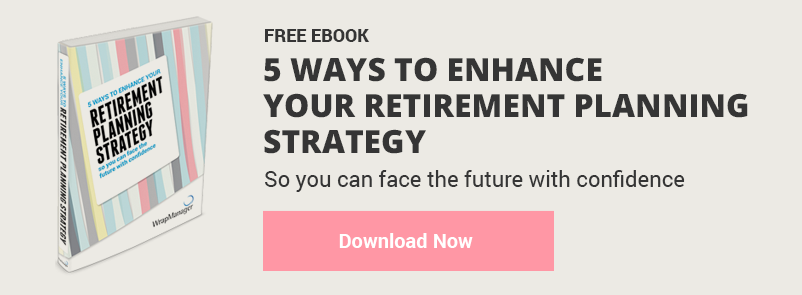 Creating an estate plan involves a lot of thought and time, and in some cases may cost a bit of money. But don’t let that discourage you from establishing a comprehensive estate plan as part of your overall investment approach. The time and effort spent creating an estate plan can often mean less time and stress for your family down the road.
Creating an estate plan involves a lot of thought and time, and in some cases may cost a bit of money. But don’t let that discourage you from establishing a comprehensive estate plan as part of your overall investment approach. The time and effort spent creating an estate plan can often mean less time and stress for your family down the road.
To help you get started, we’ve outlined six estate planning tips we think are important to any estate plan. A good idea would be to go through a few of these steps on your own to accomplish the basics of estate planning, then loop in your financial advisor and/or estate planner to help you solidify it with the necessary investment accounts and legal documents.
1) List the Valuable Assets in Your Estate
Generally, you want to run an inventory of all of your assets that have value greater than $100 or so. Of course you want to include your home, investment accounts, bank accounts, insurance policies and so forth, but you also want to get granular with your assets and include things like jewelry, collectibles, electronic equipment, etc… You can then go through this list and decide how you want these assets distributed as part of your estate plan.1
2) Itemize Your Estate’s Debts and Liabilities
Home mortgage, credit cards, loans, equity lines of credit, as well as including future purchases you are considering making with credit. This will give you a clearer picture of the net value of your estate.1
3) Review Beneficiaries and “Transfer on Death” Designations on Investment and Other Accounts
For your investment accounts such as IRAs and 401(k)s, you should speak with your financial advisor to check how your beneficiaries are set up. The same applies to life insurance policies and annuities. As for brokerage (taxable) accounts, savings and checking accounts, you can typically set them up with a “transfer on death” (TOD) feature, which you can discuss with your bank or the financial institution where they are held.1
Checking your beneficiaries and assigning TOD is important for two reasons: you can help ensure where your assets go upon your passing, and you can potentially avoid probate, which can be costly and stressful for your heirs.
4) Create a Living Will and Trust Accounts (if necessary)
It’s a good idea to have an attorney help you create a will, just so there is no ambiguity in court over the language or designations you choose to make. As part of a will, you can assign an executor of your estate, a person you can trust to oversee your affairs and ensure your intentions are carried out. Trust accounts can also add an organizational layer to your estate plan, since you can specify how you want your assets distributed and assign a person (trustee) to oversee the process.
5) Consider Making Gifts to Heirs During Your Lifetime
In 2014, the annual exclusion for gifts is $14,000 for an individual but potentially $28,000 for a household, if you count the spouse. You can give away this much tax free, which can help reduce the size of your estate over time.2 This is an important feature to utilize if your estate is at or above the exemption level ($5,340,000), and you need ways to reduce it to avoid having a portion of it taxed upon your passing.3
6) Hire a Financial Advisor to Help You with Estate Planning
Much of the above you can handle on your own, but realistically you should have a financial advisor and/or an estate planner guide you through the estate planning process. Everyone’s situation is different, and the rules and taxes change quite a bit, so better to have an expert help you create a solid plan.
WrapManager Can Help You Get Started with Your Estate Plan
Our Wealth Managers can address questions you have about the estate planning process, as well as help you examine your current situation so you know what the next steps should be. Give us a call today at 1-800-541-7774 to learn more, or click here to get started by answering a few questions.
Sources:
2 IRS
3 IRS





